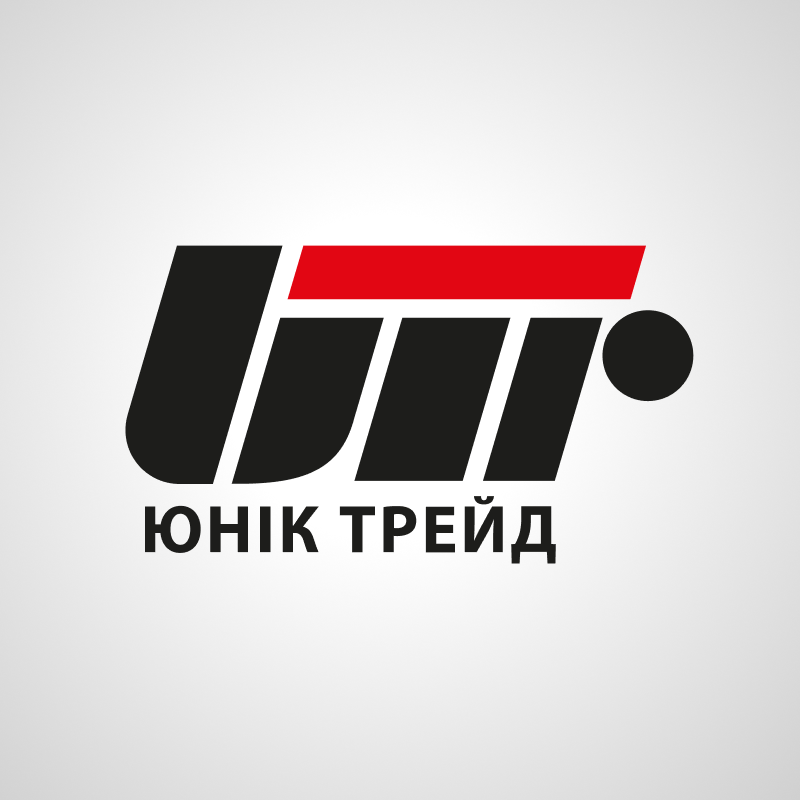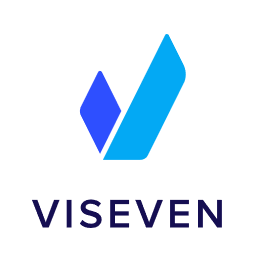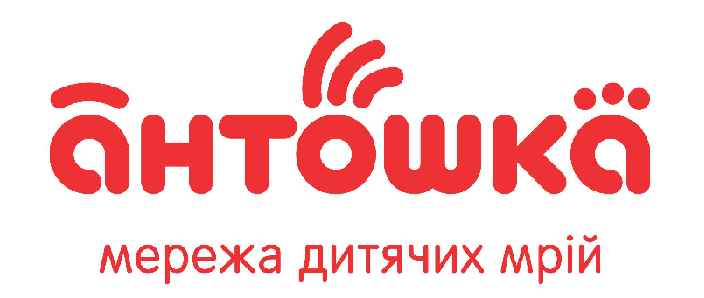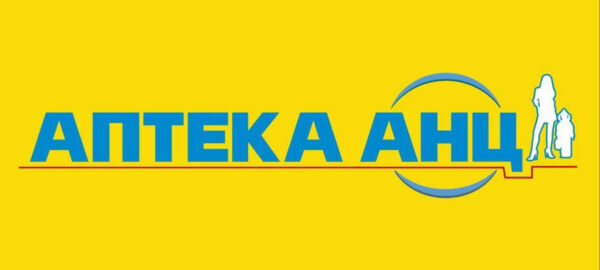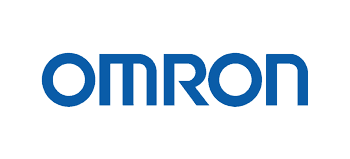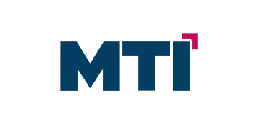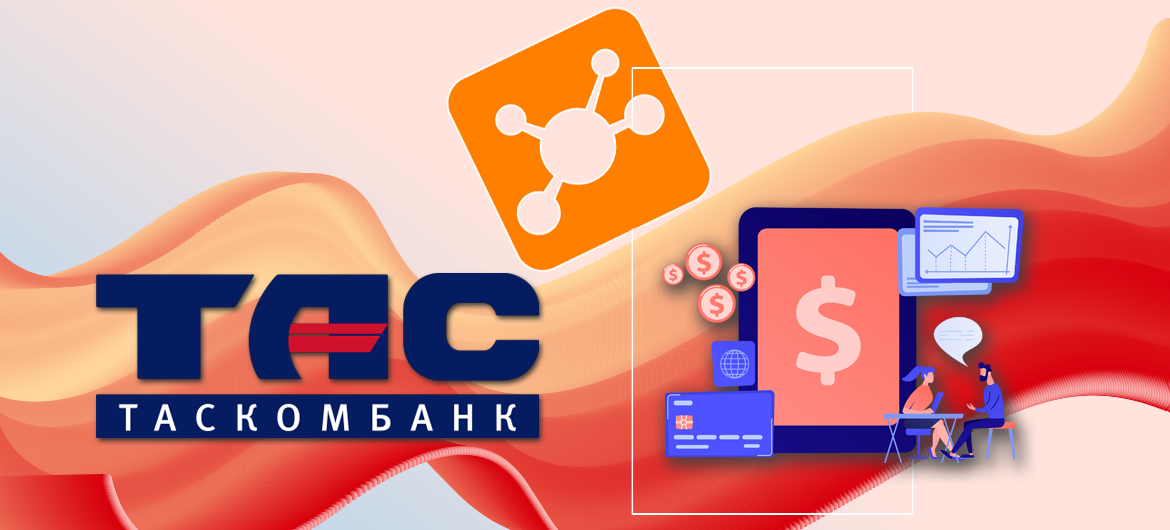
E-learning in finance. TASCOMBANK case: well-functioning adaptation, learning features and technologies
The banking sector is one of the most dynamic in Ukraine. This is evidenced by a NBU study conducted in 2023, which showed that in the first half of 2023, the assets of Ukrainian banks increased by 12.7% and the loan portfolio by 16.6%.
Technologies and processes in the industry are constantly changing, so to perform their jobs effectively, bank employees need to be aware of the latest trends and adapt to them quickly. The introduction of regular distance learning helps with this. It allows companies to increase the professional skills of their employees, improve the quality of service, and ensure competitiveness in the market.
Nataliia Chebusheva, Head of the Training Center of TASCOMBANK JSC, tells how TASCOMBANK managed to automate the adaptation of newcomers and organize training for its employees using LMS Collaborator technologies.

TASCOMBANK JSC is one of the first commercial banks in Ukraine, founded in 1989. It provides a full range of financial services to both corporate clients and individuals. Today, TASCOMBANK JSC has 97 branches throughout Ukraine.
The Bank is focused on the development of various areas related to the organization of a high-quality operational process, implementation of modern analytical and IT platforms. In particular, with the creation of a new product line, modernization of the existing infrastructure, improvement of the quality of service and provision of open banking services. Well-known non-banks Sportbank and izibank operate using the license of JSC TASKOMBANK
The company has 1662 employees.
Implementation of distance learning and change of LMS
For several years, TASCOMBANK JSC had experience in organizing distance learning based on another provider. Subsequently, the company decided to change the old system to LMS Collaborator. The main reason for changing the LMS is the need for a more convenient, fast and efficient distance learning system. Nataliia Chebusheva, Head of the Training Center of TASCOMBANK JSC, notes the results of the implementation of LMS Collaborator.

«Today, the TASCOMBANK Academy learning portal (LMS Collaborator) is a platform for adaptation, further professional learning, development and certification of personnel. The knowledge base, surveys, testing, forums, and all this is available 24/7».
The main requests of the Bank for e-learning today:
- Automation of adaptation for all bank departments;
- Staff development in a single information space at a time convenient for everyone;
- Regular on-the-job training;
- Increasing employee engagement;
- Encouraging self-study;
- Conducting an assessment of personnel to form the basis for employee development and further increase efficiency;
- Controlling the level of knowledge.
Currently, 1500 employees are learning on the Collaborator LMS platform.

Home page of the TASCOMBANK Academy learning portal
 «PEOPLE are the main asset of TASCOMBANK, the key to its success and stability! We encourage the initiative of our employees and provide opportunities for their continuous growth.»
«PEOPLE are the main asset of TASCOMBANK, the key to its success and stability! We encourage the initiative of our employees and provide opportunities for their continuous growth.»
Peculiarities of bank employees’ adaptation
Each new employee of TASCOMBANK goes through 4 stages of adaptation:
Stage I «Assessment of employee readiness».
The preliminary stage of staff adaptation, which is carried out immediately after the new hire is hired. During the first stage, we find out whether the new employee has worked in similar conditions and whether he or she has worked in similar business processes.
In the future, we plan to automate this process on the learning portal.
Stage II: «Orientation».
Employees get acquainted with the work procedure, learn the bank’s structure, internal rules, traditions, and corporate values. They are assisted in this by a learning portal, where they are gradually assigned to new tasks:
– WELCOME course – «Welcome to JSC TASCOMBANK»
– «Occupational health and safety» course
– «Compliance» course
– «Financial monitoring» course
Stage III: «Action orientation».
The practical part of the staff adaptation program.
Depending on the business line and position, employees are assigned a newcomer adaptation program on the learning portal. During the program, all the knowledge gained is practiced. Each newcomer has a mentor who accompanies them and demonstrates the use of skills in practice alongside the study of theory.

TASCOMBANK’s newcomer adaptation program
Also, depending on the position, the newcomer attends offline training to gain basic skills. For example, employees of the Bank’s branches take the 7 Stages of Sales training.
To determine the level of mastery of the adaptation material, newcomers are tested. If they do not reach the minimum score threshold, they are assigned to re-training.
Stage IV «Functioning».
The final stage, during which the employee is fully immersed in work. The learning process does not end there. On the TASСOMBANK Academy portal, employees:
- undergo mandatory general banking training;
- become aware of changes in the bank’s internal regulatory documents and processes;
- develop independently with the help of the Knowledge Base and development sections on the learning portal.
Organization of learning for bank employees
All employees of TASCOMBANK JSC undergo mandatory general banking training, which includes 7-10 programs on various topics annually. Each program consists of training materials in the format of presentations and testing. Training is conducted in 2 waves of 5-8 days each.

General banking training for TASCOMBANK employees
In addition, employees may be assigned additional learning in accordance with current business needs.
For example, distance learning courses on processes, products, software, or standards. Such courses consist of learning materials, videos, and testing.

To test the level of knowledge, employees undergo:
- testing on specific topics when launching a new product, process/change or process update. This testing makes it possible to determine how well the information was perceived and assimilated;
- quarterly testing of the network on specific hard skills topics to pinpoint the topics that require additional learning;
- professional testing of the network – conducted 2 times a year on all topics that an employee must have for continuous work.
The Bank also encourages and supports the self-development of its employees.
 «For self-development, we provide employees with the opportunity to access the Knowledge Base, read the news feed, read a useful book in our Library or take part in competence development programs.
«For self-development, we provide employees with the opportunity to access the Knowledge Base, read the news feed, read a useful book in our Library or take part in competence development programs.
Soon we plan to open the «Developing together» section, where employees will be able to:
- improve their skills by solving certain tasks,
- complete competency development programs,
- read useful articles, etc.».

In addition to onboarding newcomers and training bank employees, the company’s HRBP (ed: HR Business Partner) uses the LMS Collaborator portal to conduct staff assessments. The results of the assessment help determine the level of staff satisfaction and formulate training needs. Employees are also regularly surveyed to collect feedback after classroom learning and corporate events..
 «Among the advantages of implementing LMS Collaborator, I can highlight the following:
«Among the advantages of implementing LMS Collaborator, I can highlight the following:
- Quick information and training on innovations and changes;
- 24/7 access to the learning portal and the ability to use mobile phones allow staff to complete learning outside of work;
- Reminder system helps to complete learning with limited time frames in a timely manner;
- Regular hard skills development;
- Constant feedback from participants on content and support for internal communication;
- Flexible reporting of learning outcomes;
- Conducting anonymous surveys».
Conclusion
The case of TASCOMBANK JSC is a successful example of how the use of modern technologies can help companies optimize and automate HR processes. With the help of the LMS Collaborator learning portal, the company’s Training Center:
- Automated onboarding of newcomers.
- Improved engagement in mandatory learning. The use of reminders helped employees to complete the learning process in a timely manner and not to miss deadlines.
- Organized timely feedback on the materials (how clear and relevant the material is) and received high-quality interaction between the Training Center and the participants.
- We received quick generation of reports on testing, surveys, familiarization with materials, etc.
- Received tools to help analyze problematic issues during the knowledge test. Analyze the complexity or incomprehensibility of the course and identify the top difficult issues.
- Organized free access to information. Thanks to the news archive, employees can view innovations and changes that have occurred during their vacation.





